Italian Italian Prime Minister Giorgia Meloni received Hungarian Prime Minister Viktor Orban in Rome on Monday. Following the meeting of the two heads of government, Viktor Orban told a joint press conference that with Hungary taking over the rotating presidency of the European Council on July 1, he held talks in Berlin on Wednesday, he has come to Rome and will pay a visit in Paris next Wednesday in order to ensure the support of the major European nations. He stressed that during the talks they did not discuss party politics, adding that those issues were concluded in Brussels on Monday.
We pursue national policies, we protect our own interests, and therefore we cannot join a parliamentary group that includes an anti-Hungarian Romanian party,
Hungary's prime minister said.
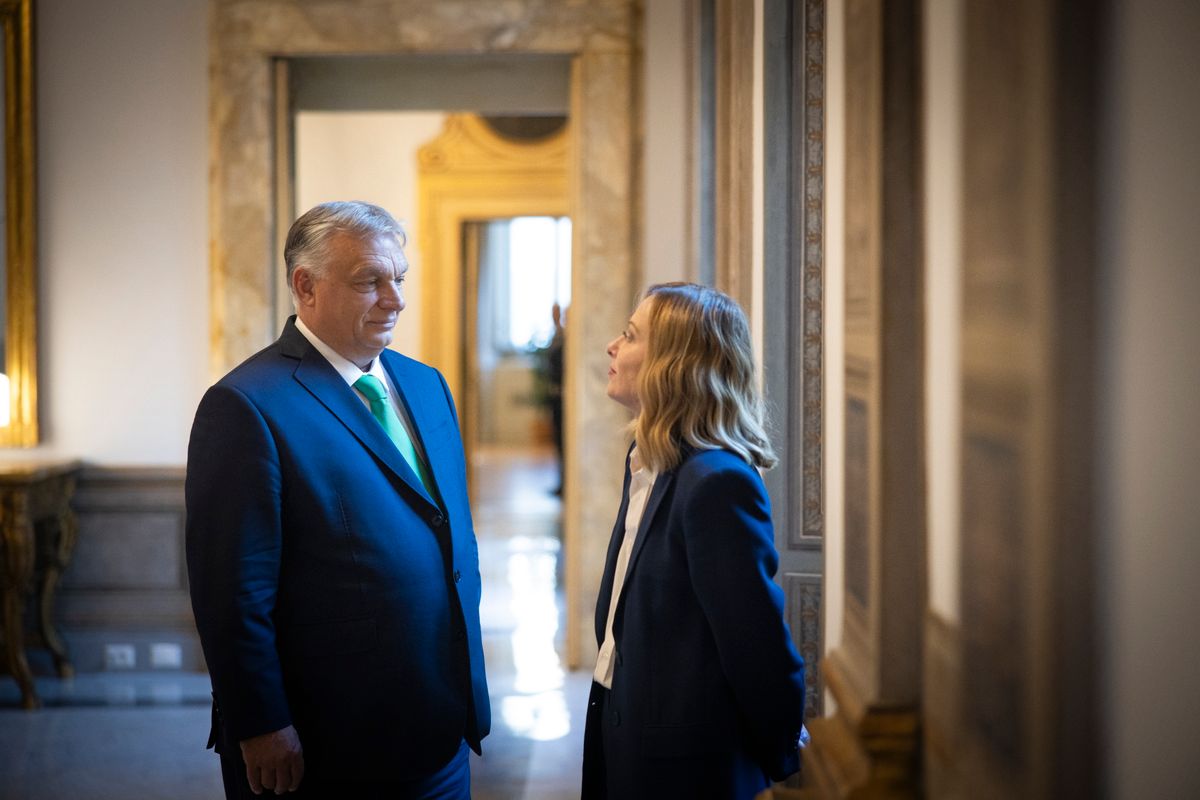
In alliance with the right wing
PM Orban, however, noted that
he and Meloni agreed they both remain committed to the cooperation of right-wing parties, even if they do not sit in the same parliamentary group.
According to the Hungarian state new agency MTI, on the subject of how EU posts are assigned, PM Orban said the heads of EU institutions should not be selected on a party political basis, adding that he would not back the relevant "party agreement". As the longest-serving prime minister in the EU, Orban said he saw what went wrong and when, and he believed that root of the European problems is that after the 2014 EP elections, the European Commission's then president wanted to turn the then politically-neutral body into a political player. "This process has been ongoing ever since, causing more and more problems," he emphasized.
In his view, what is now underway with three parties, as if in a coalition, dividing the most important European posts among themselves is contrary to the philosophy of inclusivity, and puts EU institutions on a party political basis. "As the consequence of this, there will be a majority and a minority, a government and an opposition," MTI quoted Viktor Orban as saying. In his view, this is not what the EU ideal rests on, but inclusion.
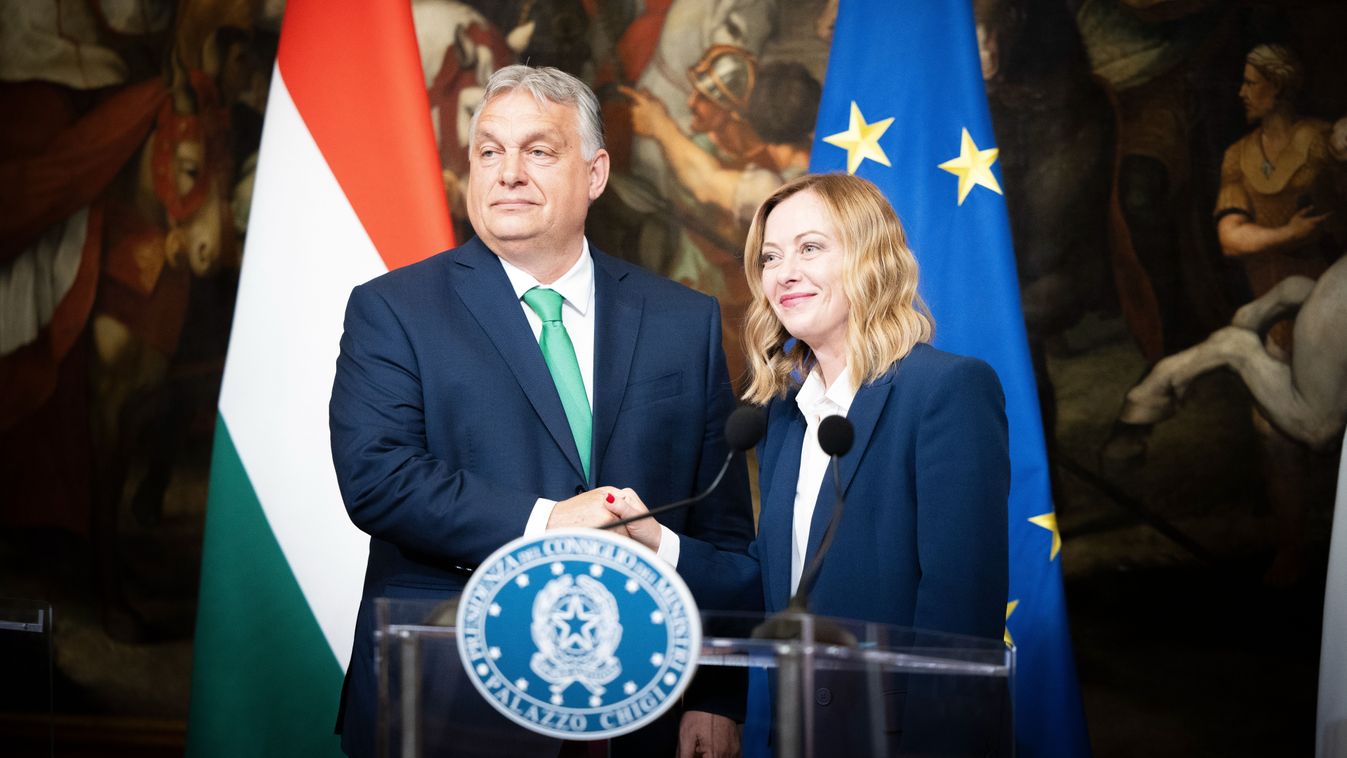
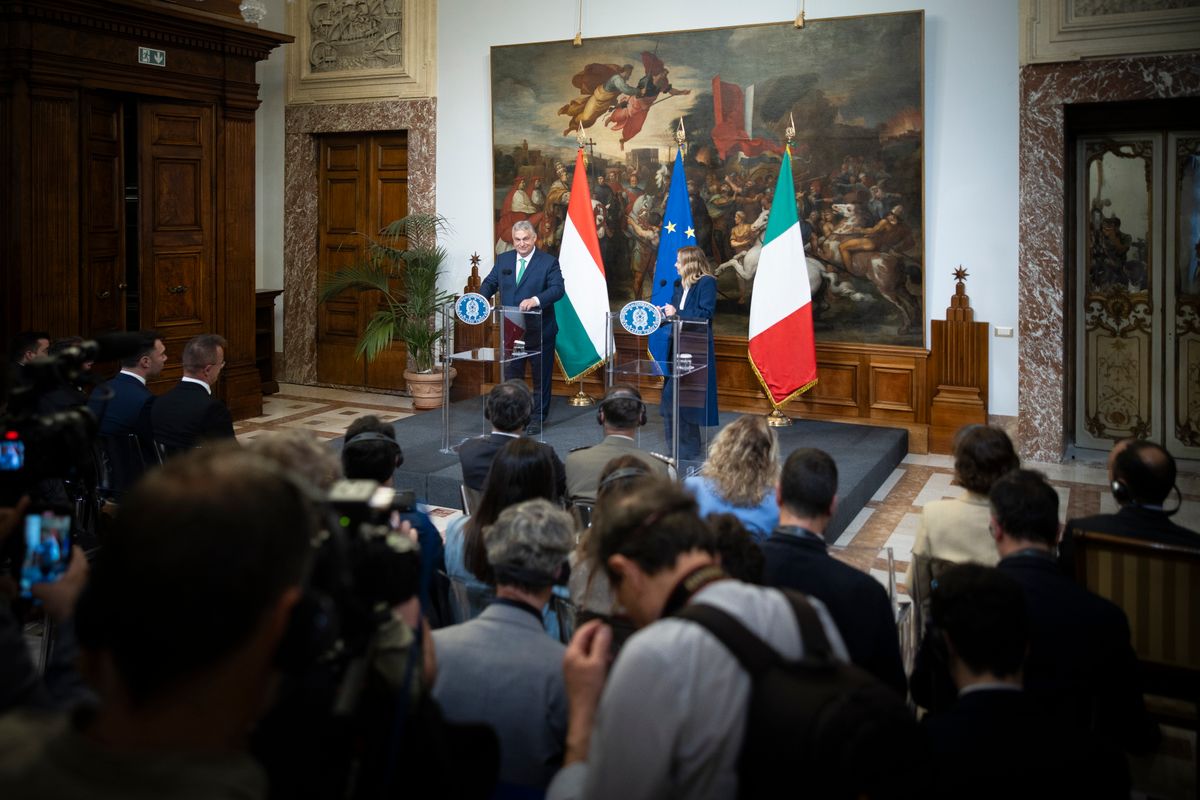
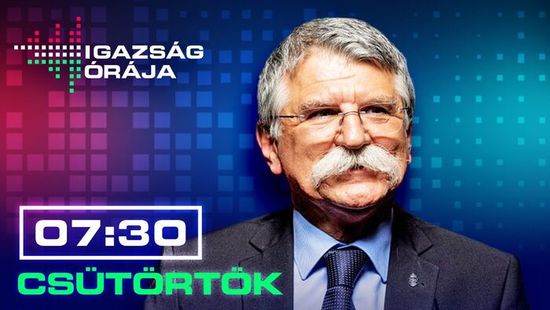
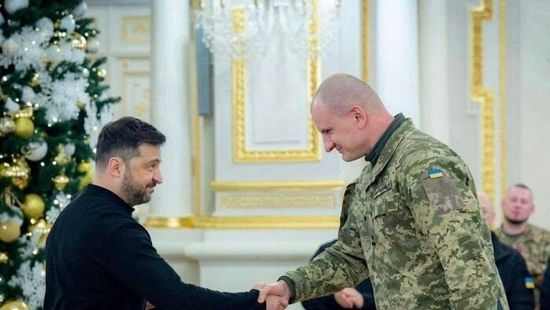
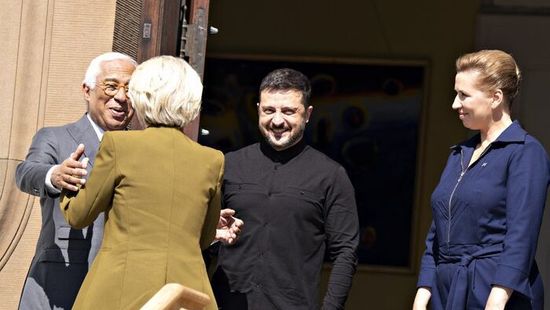
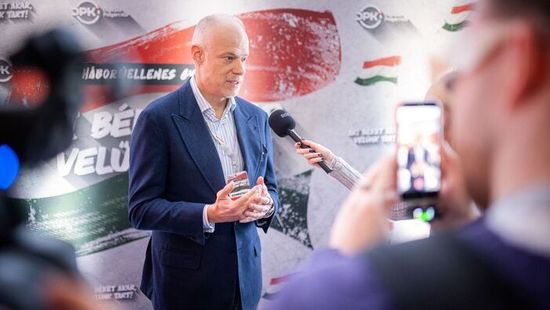

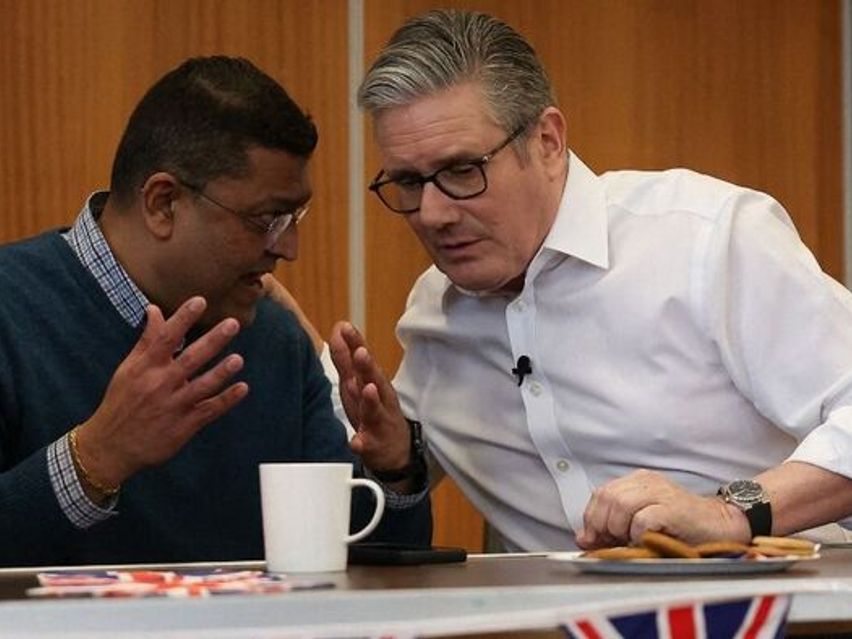
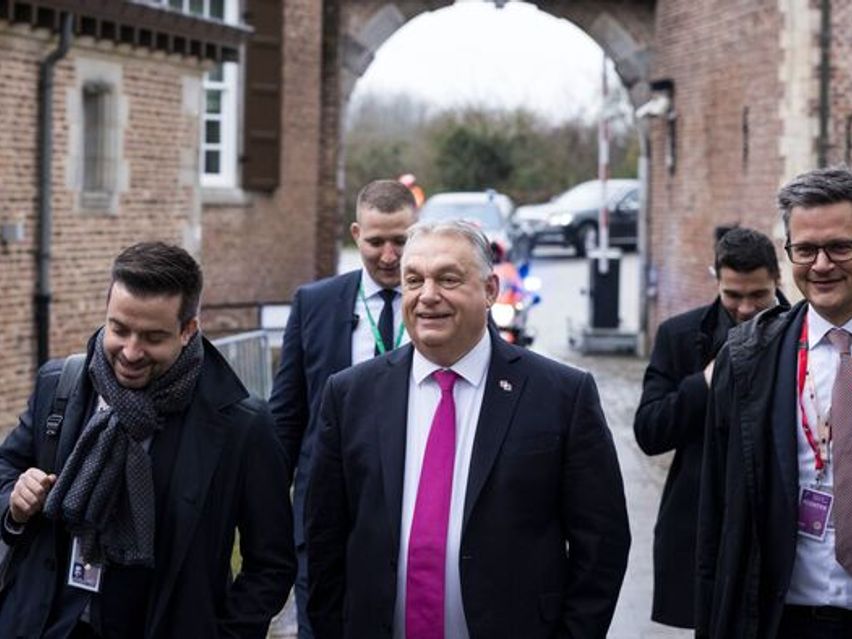
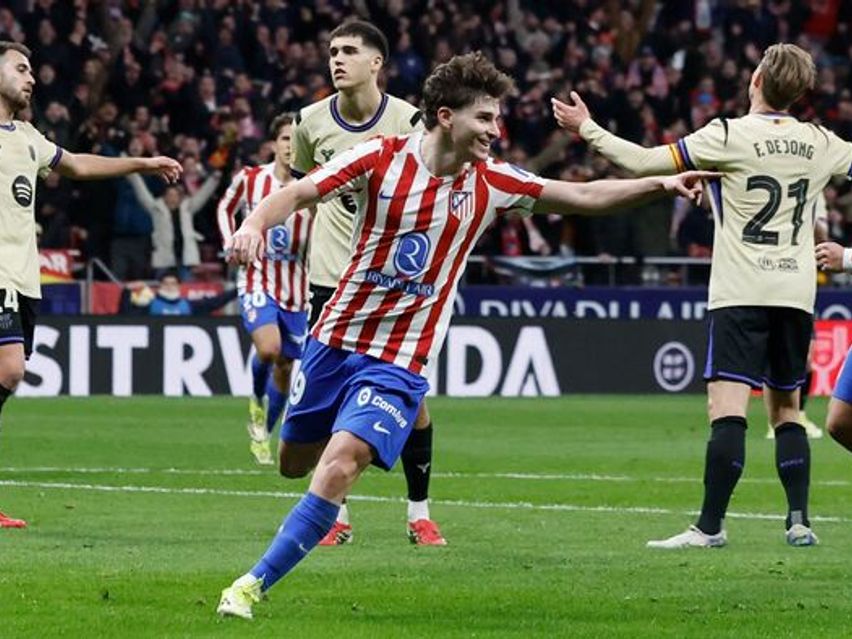
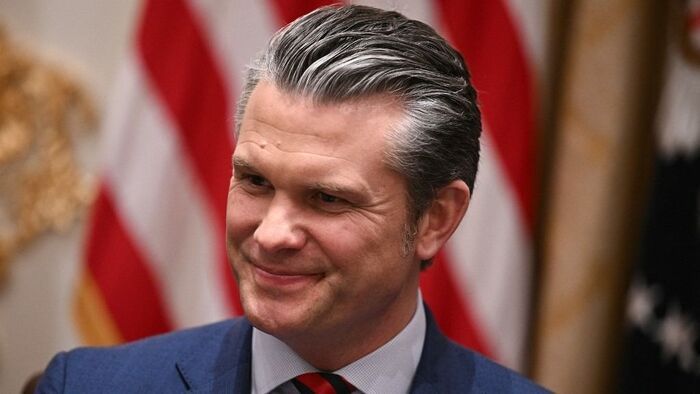

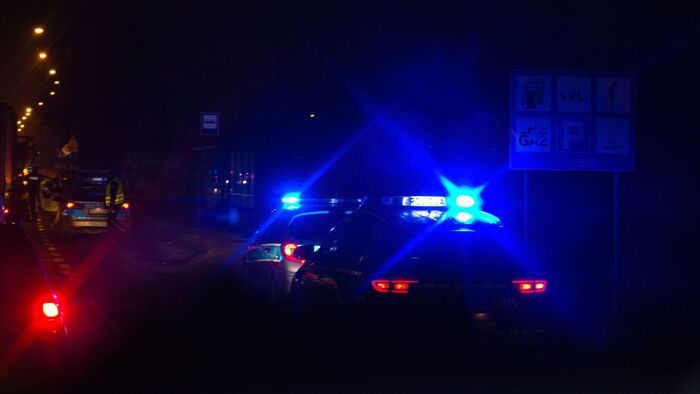
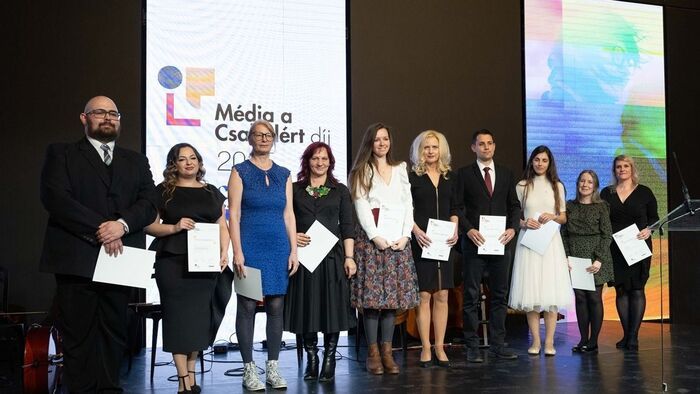
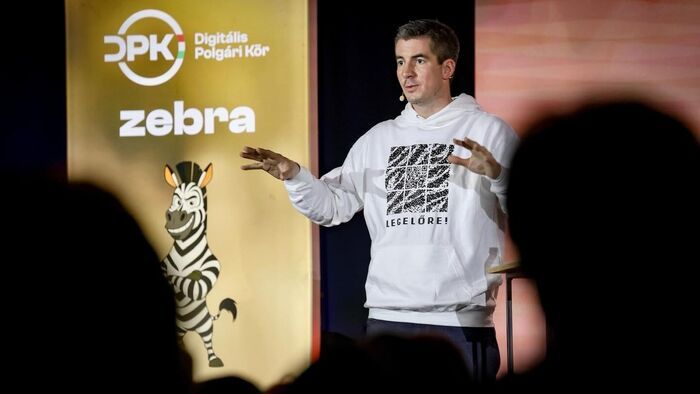
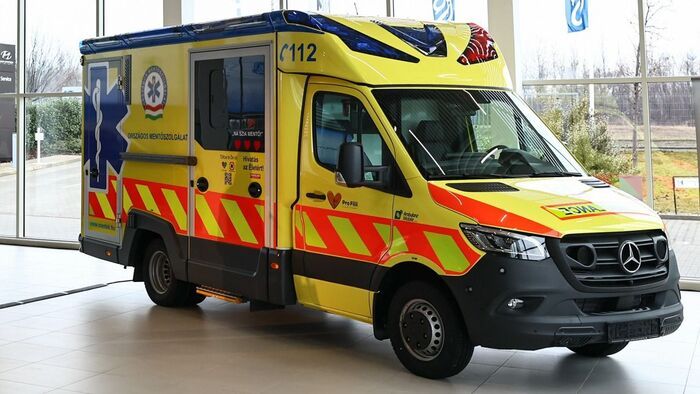
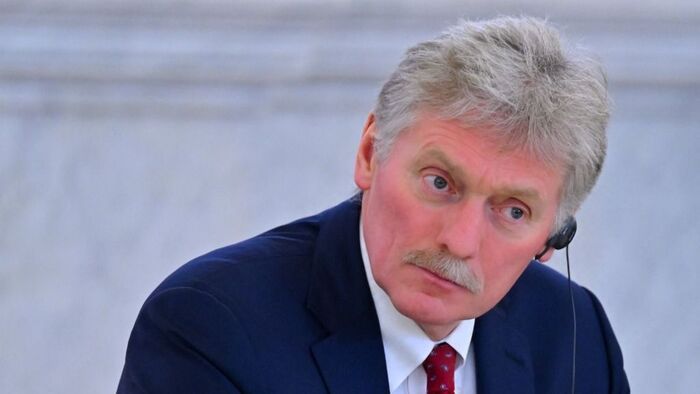
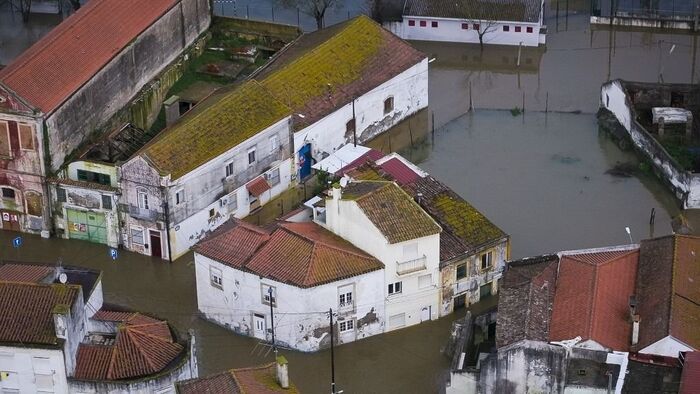
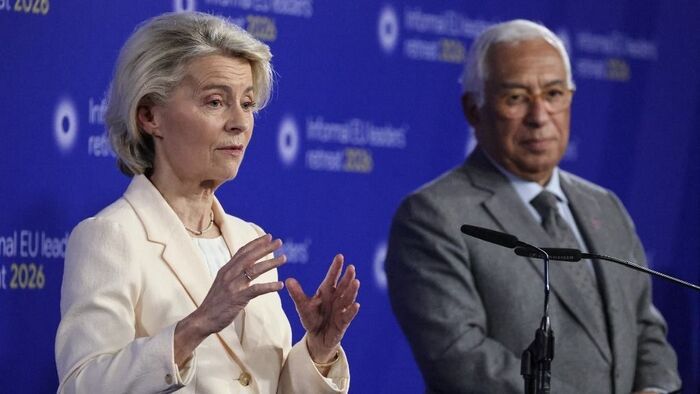
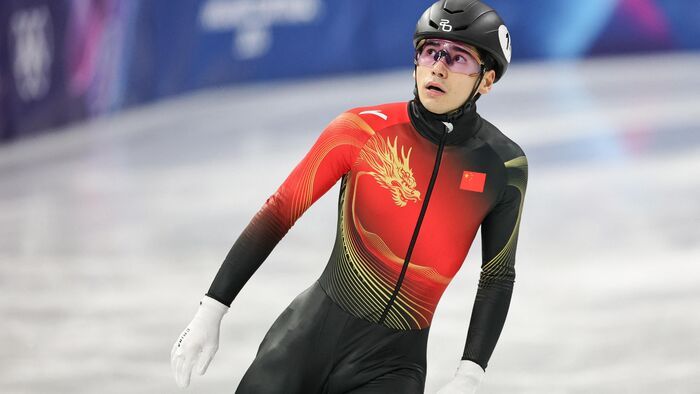
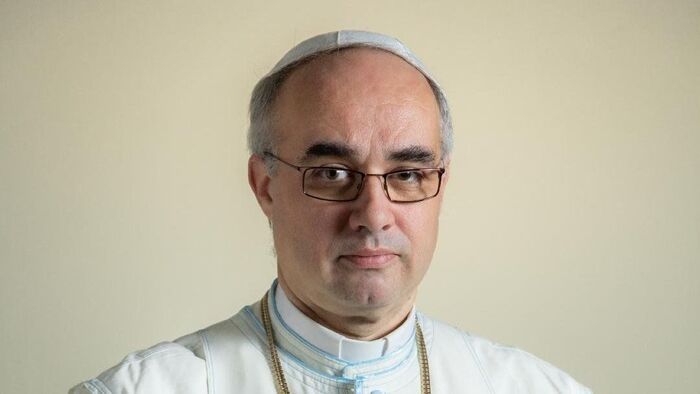
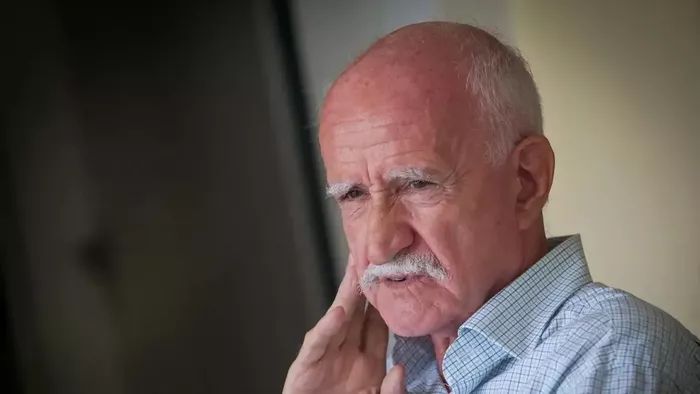

Szóljon hozzá!
Jelenleg csak a hozzászólások egy kis részét látja. Hozzászóláshoz és a további kommentek megtekintéséhez lépjen be, vagy regisztráljon!